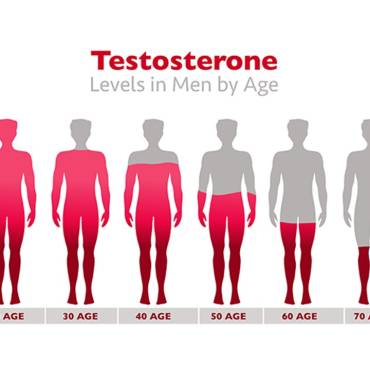Switching to a healthy diet not only helps keeps diseases at bay but also helps in bringing down the calorie count and invokes a feeling of goodness every single day.
The first step towards maintaining good health is practicing healthy eating by following a healthy diet. Although it sounds a bit hard to do that, proper diet plans would make the task easy. Arm yourself with information and you’re halfway there. Think of eating healthy more as an opportunity for self-improvement rather than a sacrifice, and you’re almost at the finish line. Don’t just eat anything to curb hunger; instead make smart choices so that whatever you pick while hungry satisfies your hunger along with leaving you with numerous health benefits.

Choose the right carbohydrates- Basic carbs, like sugar and flour which are quickly absorbed by the body’s digestive system cause a kind of carb overload in the body. The body is thus, prompted to release huge amounts of insulin, a compound which balances this overload. Thus, carbohydrates should be eaten in moderation. Complex carbs which include whole-grain flour, hearty vegetables, oats, and unprocessed grains, like brown rice are digested at a slow rate by the body. They are usually higher in fiber, vitamins and other nutrients that are beneficial for the body.
Also Read: Calcium is vital for strong bones
Consider eating leafy greens- Leafy veggies like kale, collard greens, mustard greens, and Swiss chard are packed with nutrients. They suppress hunger and fill you up very quickly.
Choose brown- Prefer wheat (brown) bread over white bread and whole wheat pasta over normal pasta. Processed carbohydrates, such as those found in white bread are harder to draw nutrients from, and therefore comprise of empty calories. Plain oatmeal is also one such healthy option.
Eat lean, mean protein- Protein helps in building your muscles and gives you the lasting energy throughout the day. Some examples of healthy proteins include lean fish such as bass, flounder, sole, cod, halibut, perch, and lean poultry such as chicken or duck breast, legumes like beans and soy products (e.g. edamame and tofu) and, nuts like cashews and almonds.
Know the difference between good fat and bad fat- You need to consume fat for your body, to function correctly. However, it’s important to choose the right kind of fats. Here’s a quick briefing.

Monounsaturated fats and omega-3 – fatty acids are good fats, which you should try to consume regularly. They help lower the “bad cholesterol” in your body by raising “good cholesterol”. Foods that are high in fatty acids are olive oil, nuts, fish oil, and various seed oils. Adding these “good” fats to your weekly diet can lower your cholesterol and reduce your risk of heart disease.
Also Read: Stay safe with omega-3 fish oil
Avoid Trans fats and saturated fats- Trans fats are form of unsaturated fat which are commonly found in processed foods. Consuming these fats raises your risk of heart disease.
Stock up on superfoods- Superfoods may have the ability to fight heart disease, stave off cancer, lower cholesterol, and even boost your mood. Here are just few of them:
Blueberries- Blueberries may facilitate brain health. If you don’t have access to blueberries, then try fresh berries, raspberries, or cranberries.
Algae- It may not sound appetizing, but when you read the list of health benefits you may think again. It is rich in vitamins, minerals, and amino acids, as well as beneficial in managing natural flora in the gut.
Salmon- Another creature of the sea makes the list, and for good reason. Salmon is rich in omega-3 fatty acids, a good type of fat. Omega-3 fats are good for blood pressure, brain function, and heart health.
Cranberries- These red berries contain quercetin, a natural antioxidant, are low in sugar and are a good source of Vitamin C which is used for the growth and repair of tissue all over the body.
Practice moderation- Don’t over-consume any one food or type of food. Instead, try to vary your diet so that you eat a little bit of everything in a moderate amount.
Conclusion-
Properly designed diet plans with low carbs can help you lose weight and also, prevent serious diseases including obesity, heart attack, and, type II diabetes. Make these changes in your eating habits to welcome the benefits of a healthy diet.



